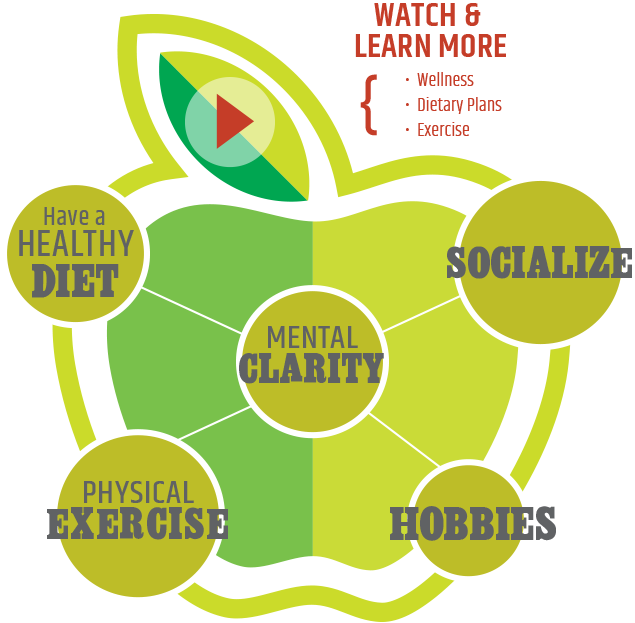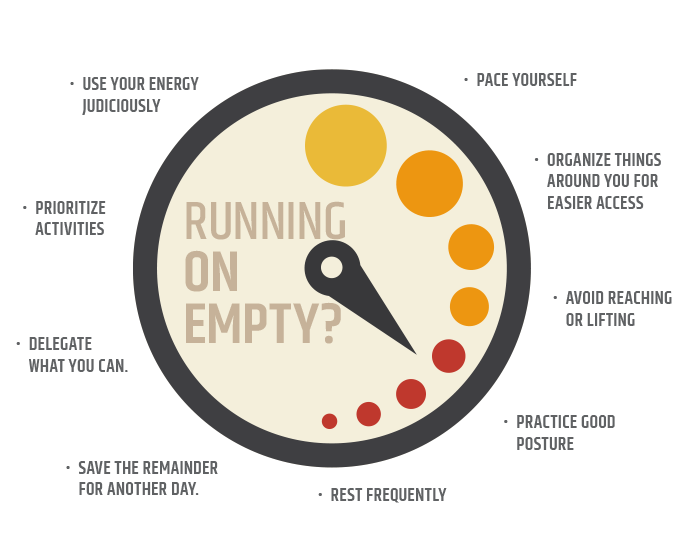New Diagnosis
There is no single test for MS. It affects each individual differently, mimics other diseases, and has a litany of symptoms that further complicate the diagnosis. Early detection is optimal and finding a neurologist who is an MS expert may be a key factor in early detection.
Thankfully, with an expert at the helm, there are some sophisticated tests (MRI, Spinal Tap, and Evoked Potential Tests) that can be combined to aid with much more certainty a diagnosis in today’s medical landscape. Once diagnosed, learn as much as you can about MS (facts, not myths), the symptoms, the treatment, the dos and the don’ts. Find the right doctor for you, and try to keep a healthy, positive outlook.


- MS advances in every individual differently.
- Each patient can have a different combination of symptoms
- The extent and frequency of nerve damage will vary from person to person.

- Each patient responds differently to treatments.
- Some patients are diagnosed early and respond well to treatments.
- Others are diagnosed later on and may not respond to first-line drugs/treatments
- See a neurologist for additional drug & treatment therapies for advanced MS.

- Cognitive or memory loss
- Problems swallowing
- Sexual challenges
- Muscle spasms
- Paralysis
- Fatigue
- Trouble walking
- Bowel and bladder issues

Healthy Living
Healthy living, and an emphasis on wellness, is something every individual should adopt. It is especially true for those individuals diagnosed with MS. The varying and vast list of symptoms associated with MS is challenging enough. No need to complicate matters by ignoring your needs for a healthy diet, physical and mental exercise, and even hobbies and socialization.
As fundamental as it is, as trite as it may seem, common sense tells us that a healthy outlook and positive attitude is an integral part of treating any illness and especially MS.
Managing Fatigue
Fatigue is different from being tired. Fatigue cannot really be remedied by sleep, can affect parts of the body or the whole body, and can be temporary or chronic. Fatigue is a part of MS. Like MS itself, the causes can be varied, random, and affect individuals differently. Trying to manage fatigue associated with MS can be challenging.

Fatigue can alter your life by creating physical limitations. The sooner you identify what you can and cannot do, or should or should not do, the better.

Pay Attention
Observe your body, your day, your activities.
Keep a Record
Make note of the things you do, what seems to cause fatigue in various parts of your body, and what times of the day are better or worse.
Map Your Days Accordingly
Once you become aware of the activities that seem to cause fatigue, you can do some common sense things to offset those.

Dealing With Stress
Stress is an enemy of even the healthiest of bodies. Stress for MS patients can be even more impacting, leading to frustration, anger, even depression, so it is important to learn some coping mechanisms.
Patients with MS have much to learn about the disease, treatments, and effects on the body and mind. Like everything else with this disease, everyone is affected differently, so it is important to be cognizant of the physical and emotional signs of stress and to learn how to reduce stress.
Mobility and Accessibility
Mobility and accessibility are two things that are easily taken for granted... that is until they become challenges. MS can create challenges with both. Some of the challenges are fairly simple to rectify. Others not so much. So, with a positive perspective try to identify those things at home, work, and in public that you can change to improve both mobility and access.

At Home
Wider doors, ramps, improved lighting, and grab bars at your home’s entrance and bathrooms can help immensely. Today’s technology can help connect you at home and at work.
At Work
Reserved close-by parking, special computer equipment, and modified workstations can go a long way in keeping you mobile and productive.
In Public
There are a number of accommodations that should be in place to make mobility and accessibility easier. If you identify problem areas, check with your local leaders and government, as the Americans with Disabilities Act gives everyone the right to community participation.
Find Assistance
An occupational therapist can assist you in modifications at home, and at work, to optimize your mobility and accessibility.

Care Partners
As you might imagine, having MS impacts more than the patient. This disease, like all chronic diseases, affects the whole family, circle of friends, even co-workers. It is not unusual for the diagnosis and disease to trigger the same emotions in the immediate family, and friends as it does in the patient, leaving them feeling apprehensive, angry, afraid, grief-stricken, and/or even guilty.
ASI can help on many fronts to educate and help the care partners navigate the many challenges they will have to face. There are many support groups, therapists, and MS experts that provide goods and services to families of MS patients. They can help by guiding you to financial assistance, care assistance to give the caregiver a break, or even a mini-vacation from the often exhausting responsibility.
They organize social events to bring MS patients and families together who can share their stories and help support each other. They can guide you to the latest treatments, even offering scholarships in some cases.

